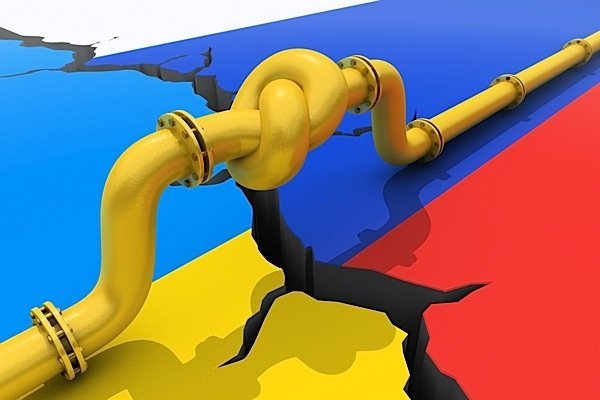Long before becoming premier of Alberta, Jim Prentice, a former cabinet minister in the Harper government, was talking about the need for Canada to find new markets for its oil and gas resources. A longtime advocate of pipelines, which he sees as essential infrastructure for achieving that goal, he now says getting his province’s oil and gas to new markets is his priority as premier. Current pipeline capacity will reach its limit, he said, by 2019 “at the latest.” At that time, there will be bottlenecks in the supply chain, and the province runs the risk of having to sell its precious oil at discount prices.
Conceding that Alberta has a serious image problem with the oil sands, he promised that Alberta will have a “visionary long-term approach to climate change” under his government, though he has not yet announced any specific emissions reductions plan.

Meanwhile, the oil and gas industry in Canada is on track for a record year in investment. By this year end, more than $26 billion will have been invested, according to oil analyst Peter Tertzakian writing in the Globe and Mail. Among several reasons for this, he says, are significantly improved profitability, due to higher prices, the lower dollar, and narrower oil price discounts.
Where is the most likely source of new markets to sell the record amount of oil being produced if past reliance on the single largest market, the United States, is no longer viable? Ukraine is the market being talked of most often now. The president of that country visited Ottawa and Washington this week. In Ottawa, President Poroshenko told CBC news that Canada could play an important role in assisting Ukraine in its energy needs. The United States energy secretary met with Canada’s natural resources minister in Ottawa yesterday. They signed a memorandum of understanding on eleven areas of bilateral cooperation regarding energy.
Asked at a joint news conference whether Ukraine was likely to import oil and gas from North America as it seeks to reduce its dependence on Russian supplies, the Canadian minister, Greg Rickford, answered, “We’re taking steps to diversify our markets. We’re looking for our rightful place in a fair global pricing of oil.” That, he added, is “obvious and plain and clear.”
The American was more coy when asked about the possibility of exporting Texas oil to Europe. “We provide technical assistance when we can to our administration colleagues,” he said. The US does not have a surplus of oil, he insisted. “We are a major importer of oil.”
Getting oil and gas to Europe would not be possible in the short term. Canada has no terminal to handle LNG, and pipeline capacity is currently inadequate to ship oil to the east coast. But, according to CBC news, both Canada and the US have sent energy experts to Ukraine to evaluate its energy needs.

































